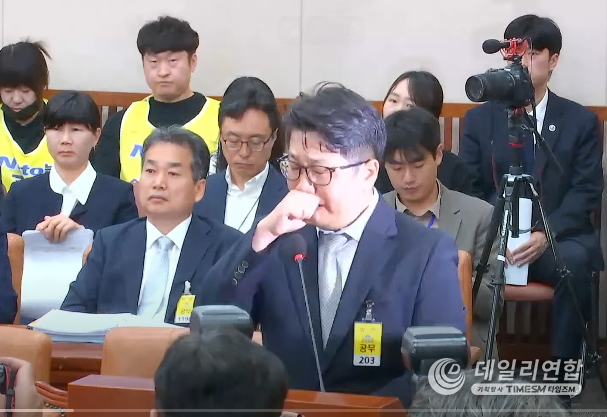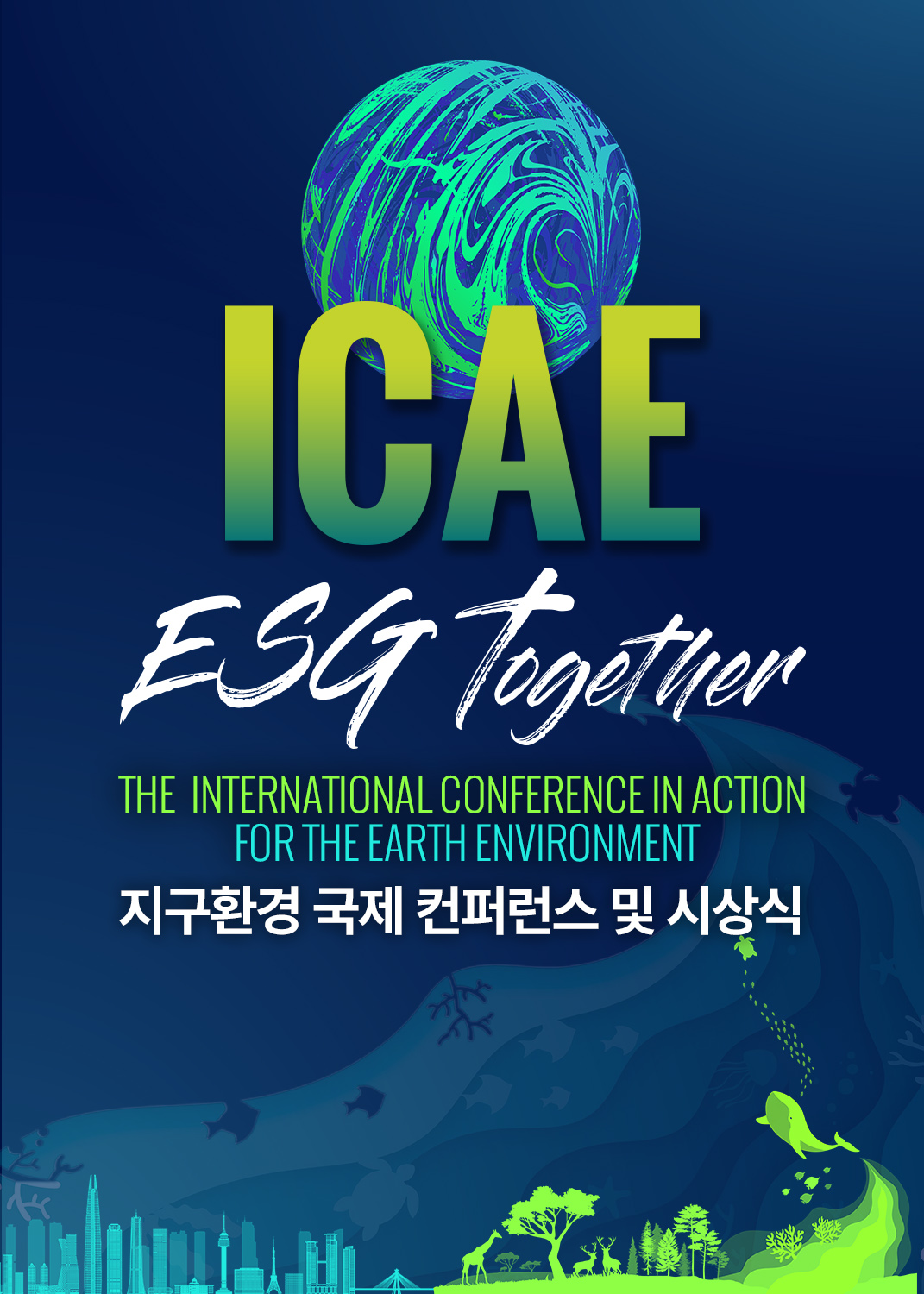
데일리연합 (SNSJTV) 주광 기자 | 국회 증언대 앞에서 문지석 부장검사는 떨리는 목소리로 검찰 윗선의 무혐의 지시와 핵심 증거 누락을 폭로했다. 이 고백은 단순 내부 고발을 넘어, 검찰 조직 깊숙이 자리한 권력 남용의 구조를 적나라하게 드러내는 계기가 되었다.
서울 여의도 국감장. 조명이 밝게 켜지고, 여야 의원들의 질문이 오가던 중이었다. 증인석 문지석 부장검사 그는 한동안 말을 삼키다 입을 열었다.
“상부의 지시로 핵심 증거 자료가 빠졌고, 수사팀 내부 의견은 기소였지만 그 지침을 거스를 수 없었습니다.” 잠시 고개를 숙이더니, 눈가가 붉어졌다. 그는 “사회적 약자의 퇴직금이라도 제대로 돌려줄 수 있었으면 좋겠다”는 말을 남기고 증언을 마쳤다.
그의 양심고백은, 현직 지검장 불법 수사지휘 의혹에 대한 검찰 조직 내부의 선택적 권력 통제 장치가 어떻게 작동해 왔는가를 보여주는 거침없는 폭로였다.
그의 증언은, 단순히 한 건의 수사 사건을 둘러싼 내부 갈등을 넘어 더 깊은 질문을 던질수 밖에 없는 사건이다. 왜 선택적 권력 남용이 반복되는가? 처벌은 왜 현실과 멀어져있는가? 어떻게 해야 변화를 이룰수 있는가?
문지석 검사의 발언 속에는, 검찰 권력 구조의 뼈대가 드러나 있다. 지금껏 여러 사례에서도 드러난 패턴과 그 연관성을 같이한다.
검찰 지휘관들이 실무 수사 라인에 개입해 방향을 통제하고 핵심 증거를 조작하거나 누락시키는 것은 오래된 관행이다. 오마이뉴스는 PD수첩 광우병 보도 수사, ‘미네르바’ 긴급 체포 등을 대표적 권력 남용 사례로 꼽았다.
시사저널은 검찰이 통계 수치를 ‘조작 → 수정 → 공소 변경’하는 방식으로 여론과 수사를 오도한 정황도 지적하고 있다.
또한 노컷뉴스는 이런 권력 남용은 단발적 사건이 아니다. 검찰 조직 안에서는 “다른 지청들도 다 무혐의 처리한다”는 압박 논리가 작동하며, 실무 검사는 상급자의 지시를 거부하기 어려운 구조적 제약에 묶인다. 문지석 검사는 국감에서 “다른 청들도 무혐의 처리한다”, “힘빼지 말라”는 말을 들었다고 증언했다. 며 현 검찰 내부 반부패 관련한 사항을 지적했다.
처벌과 개혁은 왜 더디게 가는가?
문제는 단순한 법 적용 수준의 문제가 아니다. 검찰 제도와 조직 문화, 정치 권력망이 얽힌 복합 구조가 걸림돌로 작동한다. 사법, 경찰도 예외일 수 는 없다.
첫째, 형사 책임 묻기의 어려움이다.
검사에게 직권남용이나 직무유기 혐의를 입증하려면, 명백한 지시 문서나 연계된 책임 구조를 드러내야 한다. 내부 진술로는 증거가 부족한 경우가 많다. 또 감찰 제도가 조직 내 자정 기능으로 동작할 수 있는가의 문제다. 징계 처분은 솜방망이에 그치는 경우가 잦고, 비위 폭로자가 조직 내부에서 보호받기 어렵다.
둘째, 검사 신분의 특수성이 보호 논리로 작동한다.
검사의 권한과 위상은 제도적으로나 조직문화적으로 특별 취급 되는 측면이 있다. ‘특수성’이 반성과 책임 추궁을 막는 방패로 작용하기도 한다.
셋째, 정치적 개입과 권력 관계의 얽힘이다.
검찰은 정치권과 긴밀히 연결된 권력 기관이다. 검찰 권한 축소나 개혁이란 것은 단순히 검찰 조직을 손보는 일이 아니다. 권력 분산, 수사권 조정, 검찰의 독립성 확보 등 개혁 과제는 정치권과 정부의 의지와 연계된다. 이런 복합 이해관계가 개혁을 지체시키는 장벽이 된다.
넷째, 문화적 제약과 조직 방어 장치다.
위계 중심 조직에서 상급자의 지시를 거부하는 것은 위험 부담이 크다. 내부 진술자가 양심 고백을 하면 조직은 ‘예외적 사건’으로 치부하려는 경향이 있다. 시스템은 스스로를 보호하려 든다.
하지만 이번 사태를 고립된 폭로로 남겨둘 순 없다. 문지석 부장검사의 양심 고백이 실질적 변화를 일으키려면, 처벌 강화와 제도 혁신이 유기적으로 이어져야 한다.
현실적 설계가 가능한 개혁 방향의 과제는 속도를 내야한다.
-
지휘권 행사의 투명성 법제화시급, 지검장 이하 지휘 요청 또는 거부 사유 기록·공개 의무 부여
-
독립 감찰 조직과 제 3자 참여형 감시망 결합 확대
-
검사 직무범죄 책임 법체계 정비 및 수사 · 기소 절차 표준화
-
수사권 재분배 및 권한 균형 재 설계
-
내부 제보자 보호 확대 및 인센티브 체계 마련
-
검찰총장 임명 구조 개혁 및 정치 개입 차단 조항 강화
-
국회 · 감사원 등 외부 기관 통제 기능 보완
이 개혁 과제들은 서로 동시 연계되어 작동할 수 있도록 시급하게 조정되어야 한다.
“검찰 지휘권을 제한하더라도, 감찰(내부 감시)이 제대로 작동하지 않으면 개혁 효과가 사라지고, 반대로 감찰을 강화하더라도 상급자의 영향력이 그대로 남아 있다면 결국 권력 남용을 막지 못한다”
즉,
-
지휘권 제한만으로 실질적 통제 장치가 없어 의미없는 개혁이 될 수 있고,
-
감찰 강화만으로는 조직 내 위계 권력이 그대로 유지돼 ‘내부 견제’가 불가능하다
권한 제한과 감시 시스템이 함께 작동해야 진정한 개혁이 될 수 있다.
문지석 부장검사의 눈물과 고백은, 우리 사회에 던진 절규이고 통곡이며 경고다.
권력 구조를 바꾸지 않으면, 내부 양심 고백은 사라지고, 부패의 나락에 빠질수 있는 마지막 경고일 수 있다는것을 모두가 직시할때다.
양심을 시대에 버려두는것을 서슴치 않고, 자기 영달을 위해 특권과 지위를 남용하는것을 부끄러워하지 않는 시대를 만들고 있다. 어른이 어른으로서 지성을 잃고 있는 이사회에 대한 경고등이 청년들에게 어떻게 비추어질지 지도자들의 고뇌는 절대적 시간으로 작동되어야 한다.
지금이야말로 사법, 검찰 조직의 균열을 정치적 활용만이 아닌, 책임과 권한의 균형을 새롭게 설계할 마지막 절박한 시점으로 인식할 필요가 있다.
-
When justice obeys power, democracy bleeds.
-
Moon Ji-seok’s testimony exposes the unseen hand guiding Korea’s prosecutors.
-
The whistleblower’s tears that could rewrite a nation’s idea of just
“The courageous revelation of a serving prosecutor has shattered the silence inside Korea’s justice system.”
Under the bright lights of the National Assembly in Seoul, the chamber fell still as Senior Prosecutor Moon Ji-seok rose to testify.
His voice trembled. What followed was one of the rarest scenes in South Korea’s judicial history — a serving prosecutor publicly accusing his superiors of ordering a non-indictment and suppressing key evidence in an investigation involving Coupang, the e-commerce giant.
“Under orders from above, critical evidence was removed,”
he said. “Our team agreed to indict, but we could not disobey the directive.”
His eyes reddened. “I only hoped that the workers, owed a few hundred thousand won in severance pay, might finally receive justice.”
That short, trembling statement was more than an act of whistleblowing — it was a moral rupture, a glimpse into how the machinery of prosecutorial power operates in silence and hierarchy.
An Institution That Punishes Its Conscience
Moon’s revelation — implicating a sitting district chief prosecutor — was not just an internal scandal. It cracked open the architecture of South Korea’s selective justice, where power polices itself and accountability remains rhetorical.
The question, echoing across legal circles and social media, was simple yet devastating:
Why does prosecutorial abuse keep recurring?
Why do reforms stall the moment they reach the upper tiers?
And what happens to those, like Moon, who speak out?
A Pattern Etched in Power
Moon’s testimony fits a recurring template.
From the 2008 PD Notebook investigation, where prosecutors targeted journalists critical of government policy, to the arrest of the blogger “Minerva”, silencing online dissent — the pattern is unmistakable.
As Sisa Journal reported, even official data has been “modified, then re-issued and re-indicted” to shape public perception.
Nocut News added that such directives are often accompanied by pressure: “Other branches are closing similar cases. Don’t make waves.”
In Moon’s words: “I was told directly — ‘stand down, don’t waste your energy.’”
His testimony transformed what had been rumor into record.
Why Accountability Fails
The reasons run deeper than one corrupted chain of command.
They are structural — rooted in culture, politics, and the immunity of hierarchy.
1. The burden of proof
To prosecute a prosecutor for abuse of authority, investigators must present explicit directives or internal memos. Such evidence rarely exists.
Internal audits, when conducted, remain rituals of exoneration, not instruments of discipline.
2. The privilege of the badge
The prosecutor’s office has long enjoyed quasi-sacred status in Korea’s legal order — its “special authority” both symbol and shield.
This exceptionalism has insulated its members from scrutiny.
3. The political web
The prosecution is both legal organ and political actor. Reforming it means re-drawing the balance of state power, a step that unsettles both government and opposition.
Every proposal — from investigative power redistribution to independent oversight — meets the same resistance: political fear.
4. The culture of obedience
To defy a superior is professional suicide.
Whistleblowers are treated not as reformers but as traitors.
The system defends its own — not its principles.
Reform That Must Work in Tandem
Moon’s testimony must not fade as another spectacle of conscience.
To turn it into reform, discipline and transparency must evolve together — not as slogans but as mechanisms.
Policy proposals gaining traction include
-
Legal codification of transparent command authority, recording and disclosing directives.
-
Creation of an independent oversight board with citizen participation.
-
Legal definition of prosecutorial misconduct and standardized procedures for its investigation.
-
Redistribution of investigative authority between prosecution and police.
-
Protection and incentivization for internal whistleblowers.
-
Reform of the Prosecutor General’s appointment process to ensure political neutrality.
-
Expansion of parliamentary and audit oversight to compel accountability.
“Limiting command power means nothing if oversight fails.
Strengthening oversight means nothing if higher-ups still control the outcome,”
In short, power must be checked and watched at once. Either one without the other is hollow reform.
A Cry That Must Not Be Forgotten
Moon Ji-seok’s tears were more than sentiment; they were a mirror held up to power.
They reflected a nation where conscience is punished and privilege is defended.
If ignored, this may be the last warning before integrity itself collapses under institutional weight.South Korea has travelled a long road toward democracy — yet, as Moon’s voice quivered through the chamber, it became clear that democracy without justice is only a façade.
The courage of one man has forced a reckoning with the nation’s conscience.
The question now is whether the system will listen — or wait until the next whistleblower weeps.














